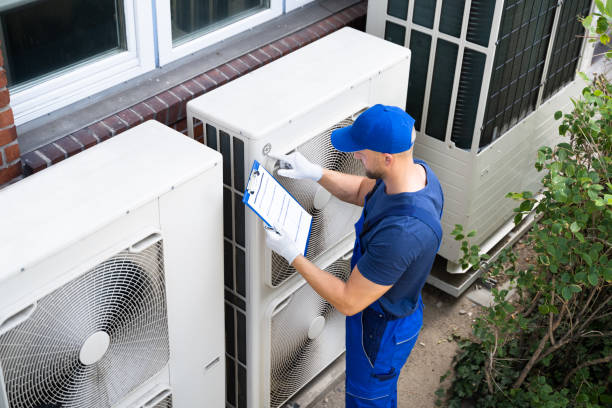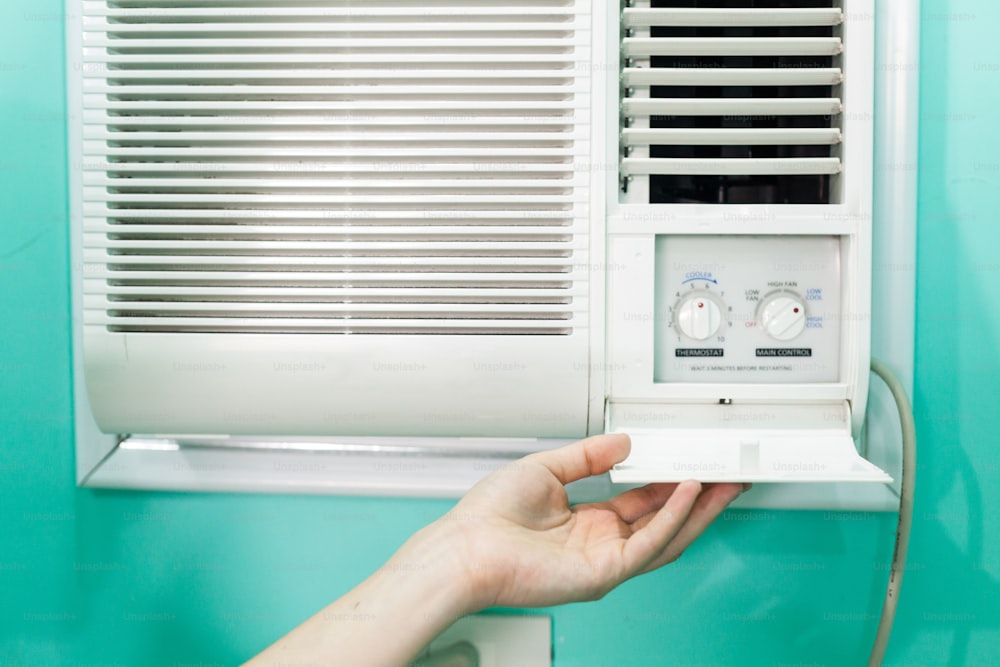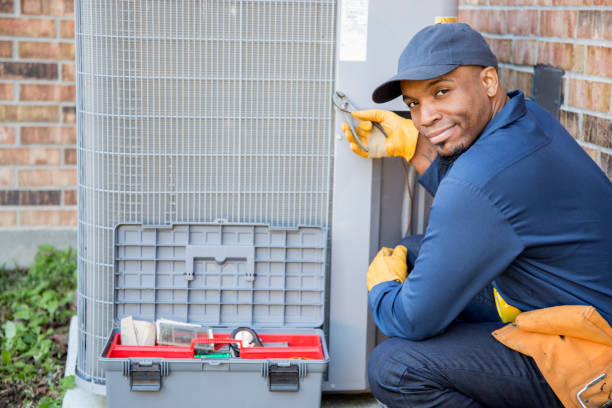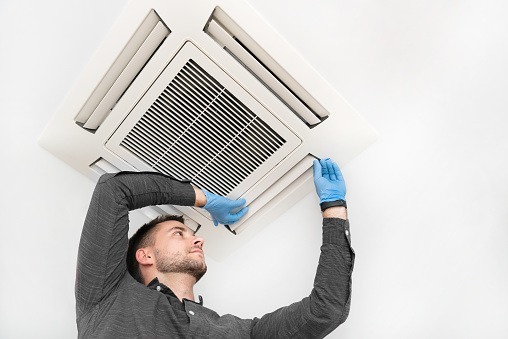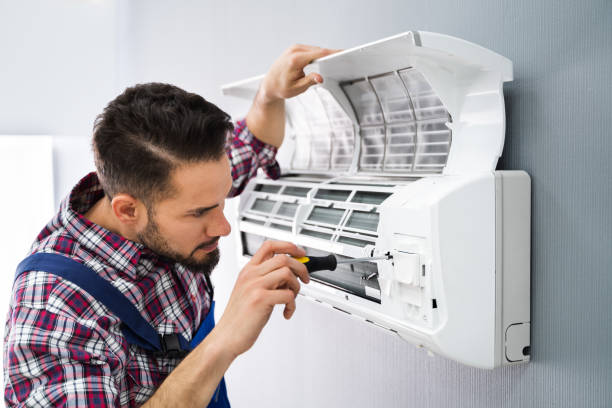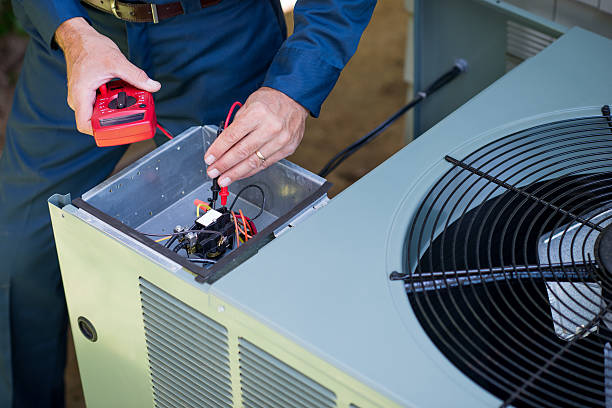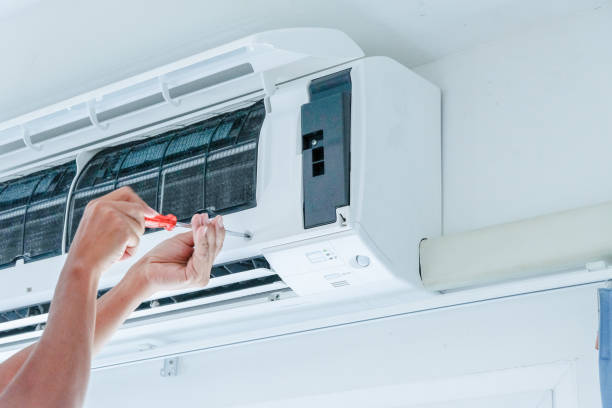HVAC Zoning for Efficient Cooling
Introduction
When it comes to maintaining a comfortable home environment while optimizing energy consumption, HVAC (Heating, Ventilation, and Air Conditioning) zoning emerges as a smart and efficient solution. In this comprehensive guide, we will delve into the concept of HVAC zoning and how it can help you achieve efficient cooling in your home.
Understanding HVAC Zoning
What Is HVAC Zoning?
HVAC zoning is a system that allows you to divide your home into different zones or areas, each with its own individual temperature control. Instead of cooling your entire home to the same temperature, HVAC zoning enables you to customize the temperature in specific zones based on your needs and preferences. This not only enhances comfort but also leads to significant energy savings.
How Does HVAC Zoning Work?
At the heart of an HVAC zoning system are motorized dampers installed within the ductwork. These dampers open and close as needed to regulate the flow of conditioned air to different zones. Each zone has its thermostat, which communicates with the central control panel. Users can set individual temperature settings for each zone, and the system works to maintain those settings.
Benefits of HVAC Zoning
Enhanced Comfort
One of the primary advantages of HVAC zoning is the ability to customize comfort in different areas of your home. For instance, you can keep the living room cooler during hot summer afternoons while allowing the bedrooms to be slightly warmer. This level of customization ensures everyone in your household is content.
Energy Efficiency
Efficiency is a hallmark of HVAC zoning. By cooling only the areas that are in use, you avoid wasting energy on unoccupied rooms. This can lead to substantial energy savings, reducing your utility bills and environmental impact.
Extending HVAC System Lifespan
Reducing the workload on your HVAC system means it doesn’t have to run as often or as long. This decreased strain can extend the lifespan of your HVAC equipment, reducing the need for repairs and replacements.
Implementing HVAC Zoning
Professional Assessment
Before implementing HVAC zoning, it’s crucial to consult with a qualified HVAC technician. They will assess your home’s layout, ductwork, and existing HVAC system to determine the most suitable zoning setup.
Zoning Equipment Installation
The installation process involves adding motorized dampers to the ductwork, connecting them to a central control panel, and installing individual thermostats in each zone. The technician will ensure that the system is properly calibrated and programmed for optimal performance.
If you’re interested in HVAC zoning for your home, don’t hesitate to contact a reputable HVAC professional who can assess your needs and guide you through the installation process. Make the smart choice for both your comfort and your wallet—explore the benefits of HVAC zoning today.
This article provides an overview of HVAC zoning, its benefits, and the steps involved in implementing this energy-efficient cooling solution. Large paragraphs and clear headings make the content reader-friendly and informative.
Maintenance and Optimization
Regular Maintenance
Like any HVAC system, HVAC zoning requires periodic maintenance to ensure it operates efficiently. It’s important to schedule regular check-ups with an HVAC technician. They can inspect the dampers, thermostats, and control panel to make sure everything is functioning correctly.
Adjusting Zoning Settings
As seasons change, you may need to adjust your zoning settings to accommodate temperature fluctuations. This flexibility allows you to adapt to changing weather conditions and maintain comfort without overworking your HVAC system.
Smart HVAC Zoning Systems
Integrating Smart Technology
For even greater control and energy savings, consider integrating smart technology into your HVAC zoning system. Smart thermostats can learn your preferences and optimize the temperature in each zone automatically. Additionally, you can control the system remotely through a mobile app, allowing you to make adjustments from anywhere.
Final Thoughts
HVAC zoning stands out as a formidable solution to attain efficient cooling within your home. It not only delivers personalized comfort but also significantly curtails energy consumption while prolonging the life expectancy of your HVAC system. Collaborating with a seasoned HVAC technician and maintaining a proactive approach to system care will empower you to unlock the complete spectrum of benefits that HVAC zoning offers, enabling your home to stay comfortably cool and energy-efficient all year round.
If you’re eager to explore the myriad advantages of HVAC zoning, we encourage you to connect with a trusted HVAC service provider in your local area. Their expertise will prove invaluable in guiding you through the intricacies of the process, assisting you in selecting the most suitable equipment, and ensuring that your abode remains a sanctuary of comfort and efficiency.
Wrapping Up
Concluding our discussion, the incorporation of HVAC zoning into your home emerges as a strategic investment laden with long-term advantages. By providing personalized comfort, driving energy savings, and extending the life of your HVAC system, it proves to be a solution that yields dividends in both comfort and cost-effectiveness. It’s strongly advised to seek consultation from an HVAC professional to determine the most suitable zoning configuration for your residence, enabling you to relish the benefits of efficient cooling to the fullest.
Moreover, if you’ve found this guide informative and valuable, we encourage you to delve further into our blog. There, you can explore a plethora of insightful articles on home HVAC systems, maintenance strategies, and a host of energy-efficient solutions. As you embark on this journey, you’ll be able to maintain a cool and comfortable environment while actively reducing your carbon footprint through the implementation of HVAC zoning!
Exploring Zoning Options
Single-Zone vs. Multi-Zone
When considering HVAC zoning, it’s important to decide whether a single-zone or multi-zone system is best for your home.
Single-Zone: In a single-zone system, your home is divided into two or more areas, but only one thermostat controls the entire zone. This option is simpler and typically more affordable. It’s suitable for smaller homes or those with uniform cooling needs.
Multi-Zone: A multi-zone system offers more granular control. Each zone has its thermostat, allowing for individual temperature settings in different rooms or areas. This is ideal for larger homes with varying cooling requirements.
Retrofitting vs. New Installation
You can implement HVAC zoning in an existing home (retrofitting) or during new construction. Retrofitting may involve more complex installation and adjustments to your existing HVAC system, while new construction allows for easier integration. Your HVAC professional can recommend the best approach based on your circumstances.
Common Concerns and Solutions
Balancing Airflow
In multi-zone systems, it’s essential to ensure balanced airflow. An HVAC technician can adjust the dampers to maintain even cooling throughout the home. Regular checks help address any imbalances that may arise over time.
Compatibility with HVAC Systems
Not all HVAC systems are compatible with zoning. Older systems may require upgrades to work efficiently with zoning equipment. Discuss compatibility with your HVAC technician before proceeding.
Cost Considerations
Initial Investment
The cost of HVAC zoning includes equipment, installation, and professional services. While there is an upfront cost, the long-term energy savings and increased comfort often outweigh the initial investment.
Return on Investment (ROI)
Consider the ROI of HVAC zoning. Calculate potential energy savings over time to determine how quickly the system will pay for itself. In many cases, homeowners see a return on their investment within a few years.
Conclusion
Integrating HVAC zoning into your home doesn’t just elevate your comfort levels; it also paves the way for a more eco-friendly and economically savvy living environment. As you tailor your cooling requirements and curtail energy consumption, HVAC zoning emerges as a shrewd investment for homeowners seeking a delightful living space that balances comfort and environmental responsibility.

